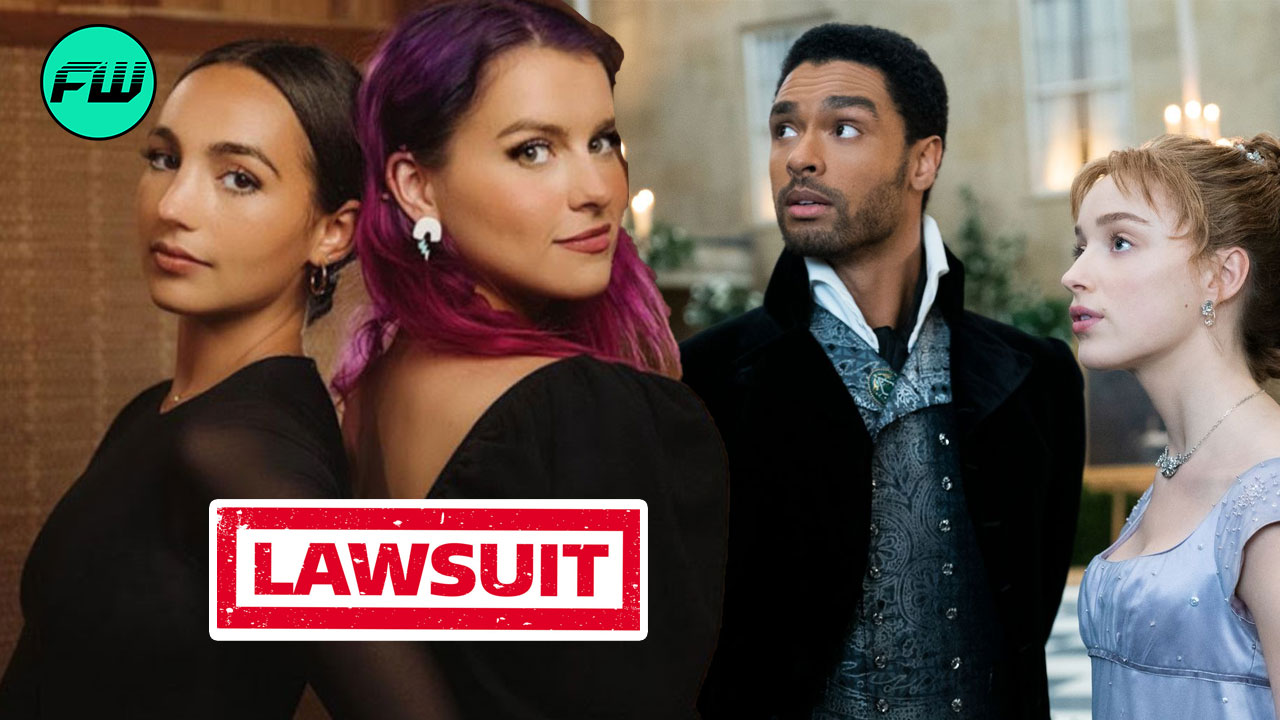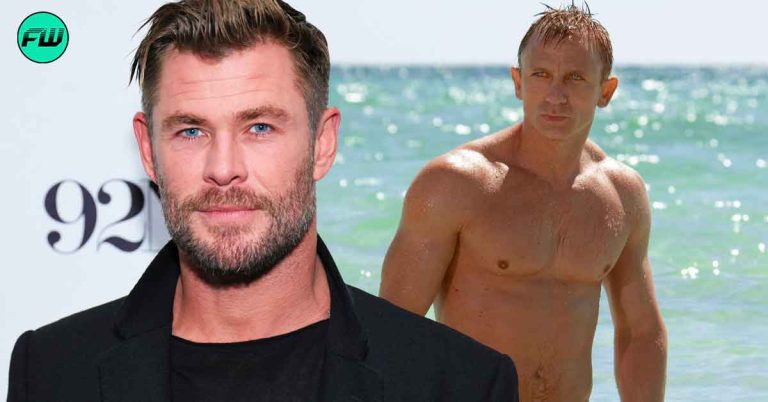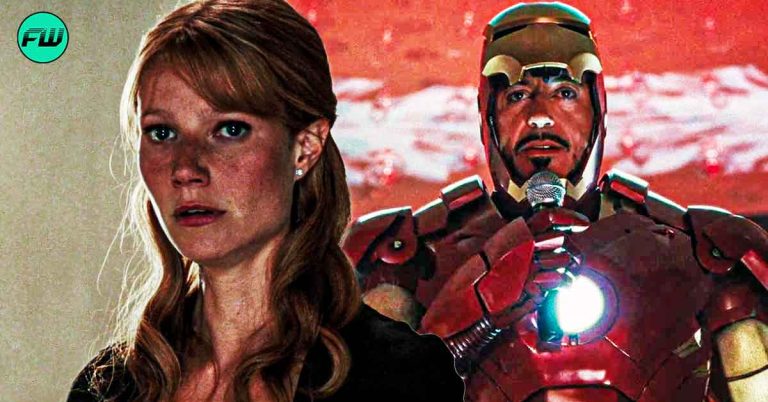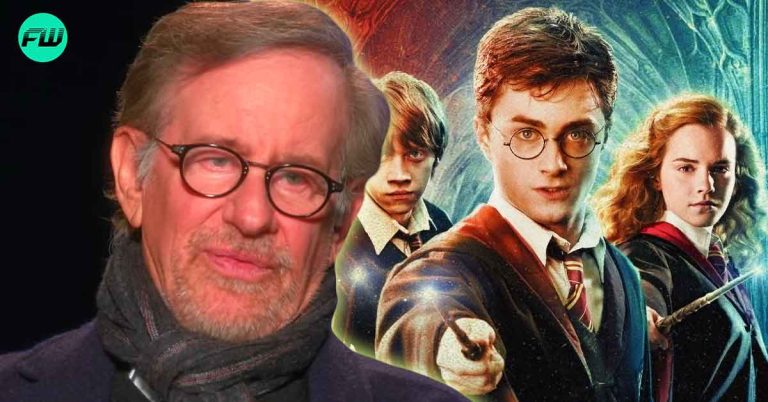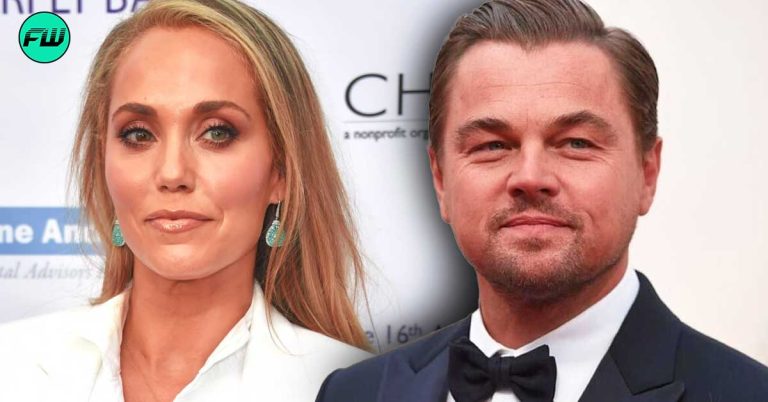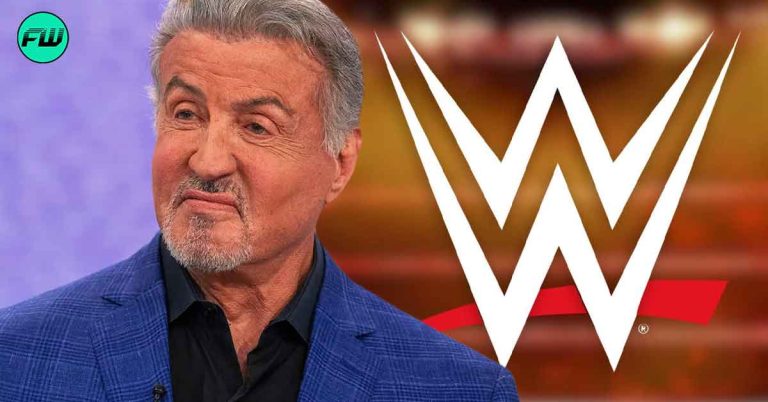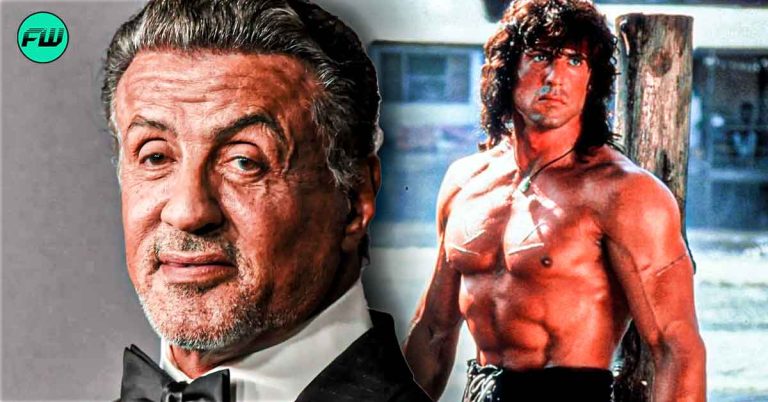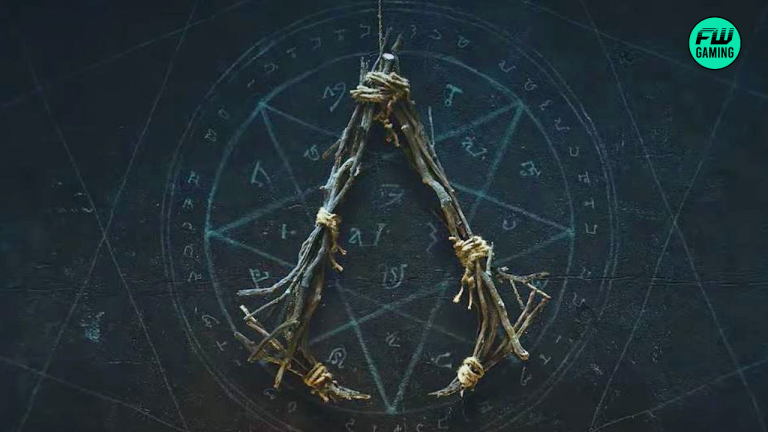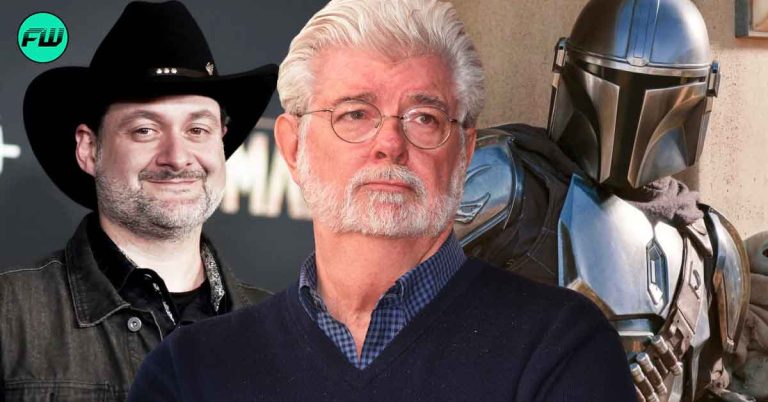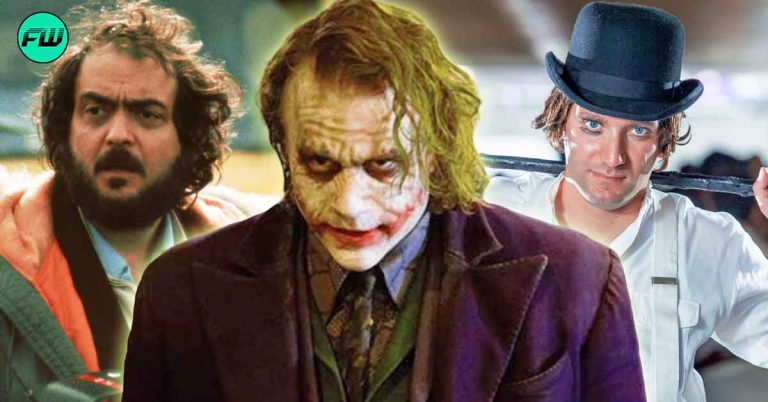Netflix is pressing charges against musical duo Abigail Barlow and Emily Bear for their Bridgerton-inspired musical performance at the Kennedy Center.
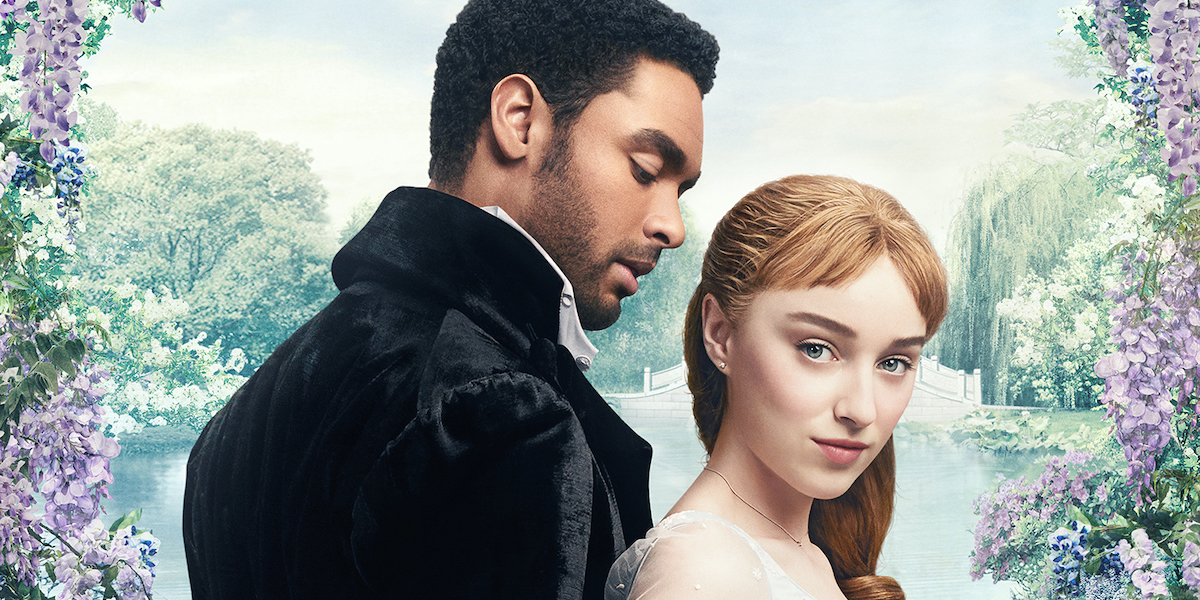
Bridgerton is a Regency drama series based on the books by Julia Quinn. The story revolves around the lives of the Bridgertons as they fare the elite world of upper-class London. The series recently concluded its second season and the third one is already in production.
In December 2020, after the release of the first season, musical pair Abigail Barlow and Emily Bear created songs inspired by the series, and released them on TikTok. Netflix noticed the pair and even shared a video of them on their Twitter account.
Their popularity grew, and as they gain fans, their hobby turned into a profitable recreation. They even released an album that topped #1 on iTunes US Pop Charts. The Unofficial Bridgerton Musical, the title of their self-released album, won Best Musical Theater Album at the Grammy Awards.
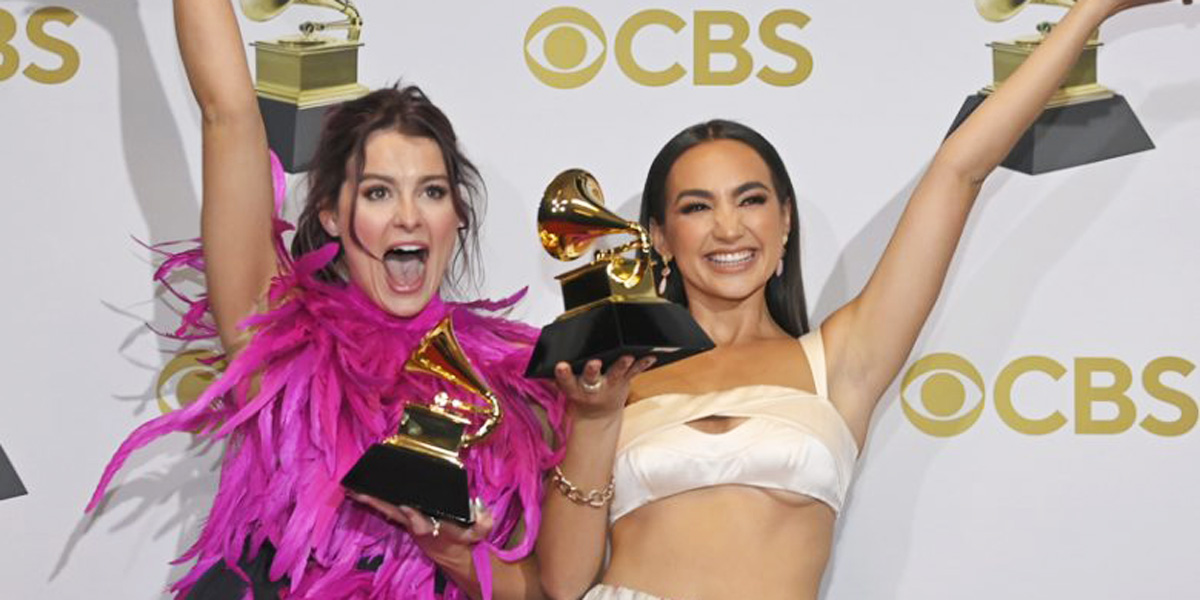
Unlicensed Bridgerton Musical Went From TikTok To Theater
In a post from Deadline, Barlow and Bear produced a live performance at the Kennedy Center in Washington D.C. entitled “The Unofficial Bridgerton Musical Album Live in Concert.” Now, Netflix is suing them for copyright infringement. The company had informed them not to perform the songs without getting a license first. Netflix finally released a statement:
“Netflix supports fan-generated content, but Barlow & Bear have taken this many steps further, seeking to create multiple revenue streams for themselves without formal permission to utilize the Bridgerton IP. We’ve tried hard to work with Barlow & Bear, and they have refused to cooperate. The creators, cast, writers, and crew have poured their hearts and souls into Bridgerton, and we’re taking action to protect their rights.”
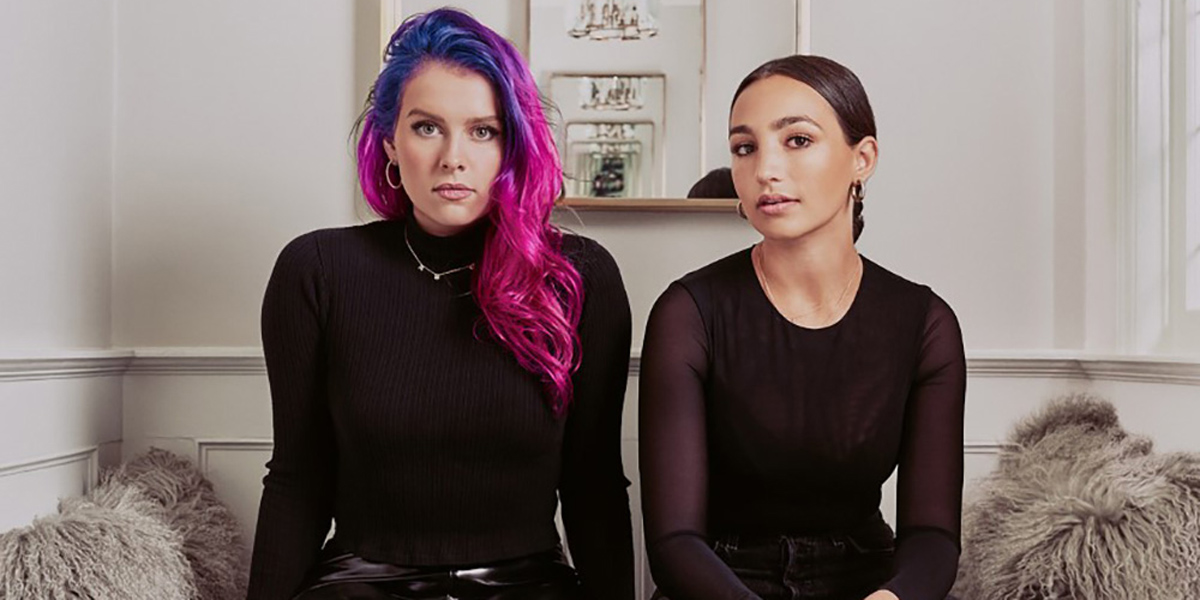
Evidently, Barlow and Bear refused to obtain a license. Netflix worries that this action will backfire on the company. As per Internet regulations, fan creations are allowed to share online within certain restrictions. Going out live and making money out of someone else’s work is already a violation of copyright rules.

